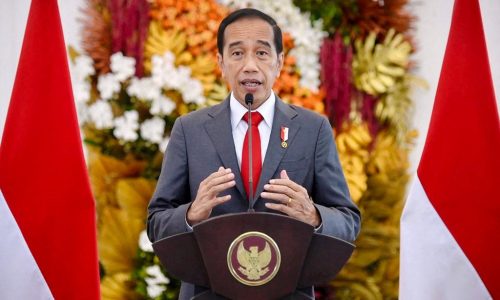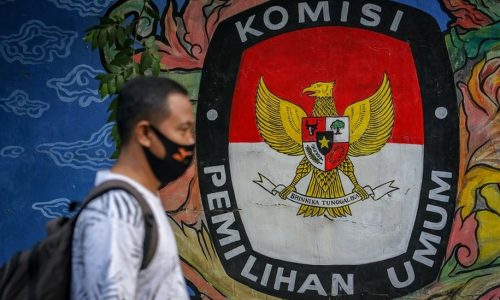Minister of Industry Agus Gumiwang Kartasasmita praises the Indonesian manufacturing industry’s remarkable growth surpassing the average growth of other countries, including South Korea and Brazil.
He was referring to World Bank data from 2014 to 2022, which put Indonesia’s manufacturing GDP at an average growth rate of 3.44 percent per year. This growth rate exceeds the world average of 2.35 percent and the OECD average of 2.08 percent. Moreover, it surpasses other industrialized countries such as South Korea (2.53 percent), Mexico (2.05 percent), Germany (1.62 percent), Japan (1.56 percent), Italy (1.38 percent), Thailand (1.02 percent), Australia (-0.23 percent), and Brazil (-1.69 percent).
Agus cited UNStats data stating that Indonesia’s Manufacturing Value Added (MVA) in 2021 reached US$228 billion, ranking Indonesia above countries like Canada, Turkey, Ireland, Brazil, Spain, Switzerland, Thailand, and Poland.
“Indonesia’s MVA contributed 1.46 percent to the global total in 2021, indicating Indonesia’s position as one of the manufacturing powerhouses globally,” said Agus in a statement on Tuesday, February 13, 2024.
He further explained that from 2014 to 2022, the average contribution of the manufacturing GDP to Indonesia’s total GDP was 19.9 percent, placing Indonesia higher than the world average of 16.26 percent and the OECD average of 13.6 percent.
According to Agus, Indonesian manufacturing sector’s performance over almost a decade has instilled confidence among industry players regarding business conditions. This is reflected in Indonesia’s Manufacturing Purchasing Manager’s Index (PMI), which has shown expansion for 29 consecutive months, surpassing China, Japan, South Korea, Taiwan, Germany, and the world average PMI. In the Competitive Industrial Performance (CIP) Index Rank, Indonesia ranks 39th, surpassing peer countries like India (41), Brazil (42), the Philippines (44), South Africa (49), and Qatar (50).
However, Indonesia’s competitiveness level must be continuously improved given its significant potential. To maintain the manufacturing sector’s contribution to the national and global economy, efforts include implementing industrial downstreaming policies in three sectors: agriculture-based industries, mining and mineral industries, and oil and coal industries.
“Downstreaming also promotes the creation of thousands of derivative industries that increase value-added,” Agus explained.
Efforts to maintain industrial sector productivity also involve adding commodities to the commodity balance to ensure the supply of raw materials and supporting domestic value-added and downstreaming.
On the other hand, the contribution of the manufacturing sector can be sustained and remain expansive with the certainty of implementing Certain Natural Gas Prices (HGBT) policies. This policy has proven to enhance industry efficiency, especially in operational costs. Furthermore, the Ministry of Industry intensifies efforts to increase the use of domestic products (P3DN).
“Data from Statistics Indonesia (BPS) shows that the manufacturing industry is the largest contributor to GDP. Purchasing domestic products can boost GDP strengthening, making the P3DN program an important instrument for economic growth,” Agus concluded.









